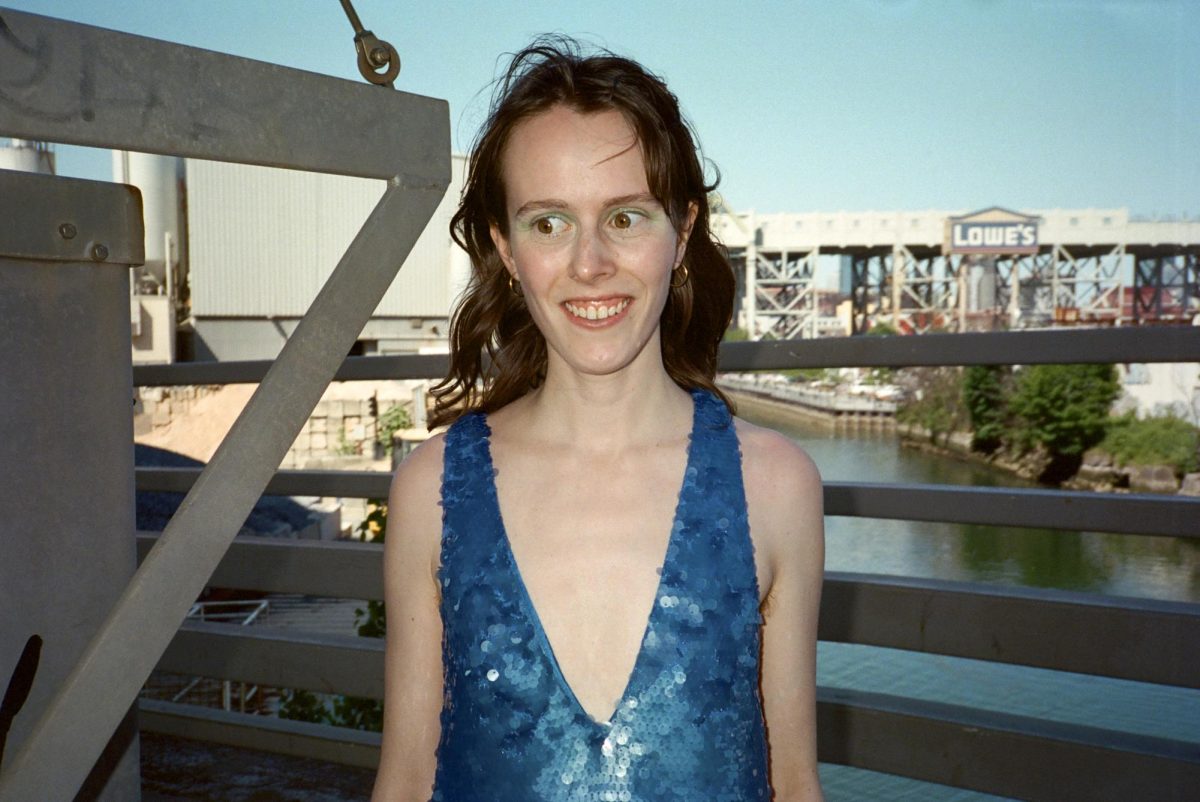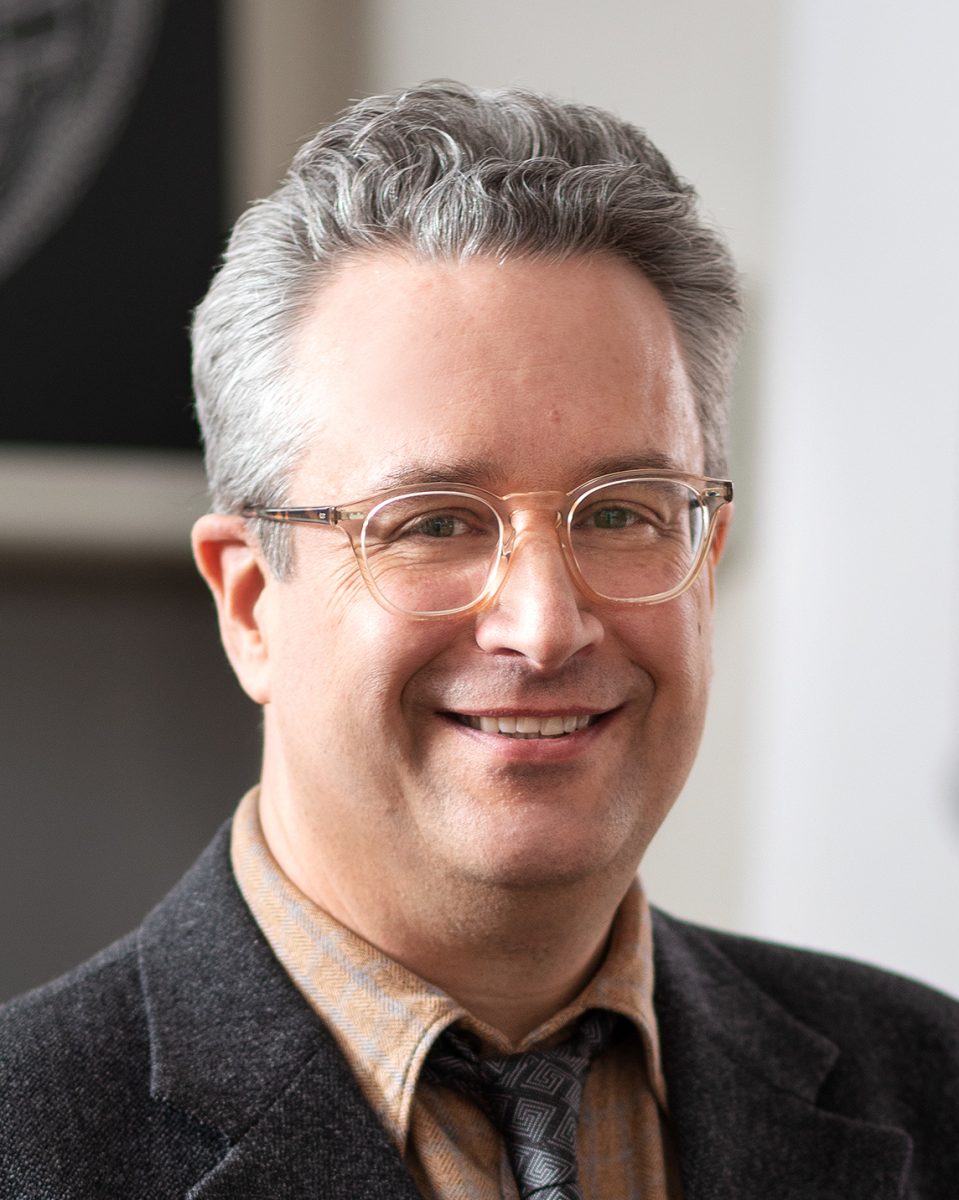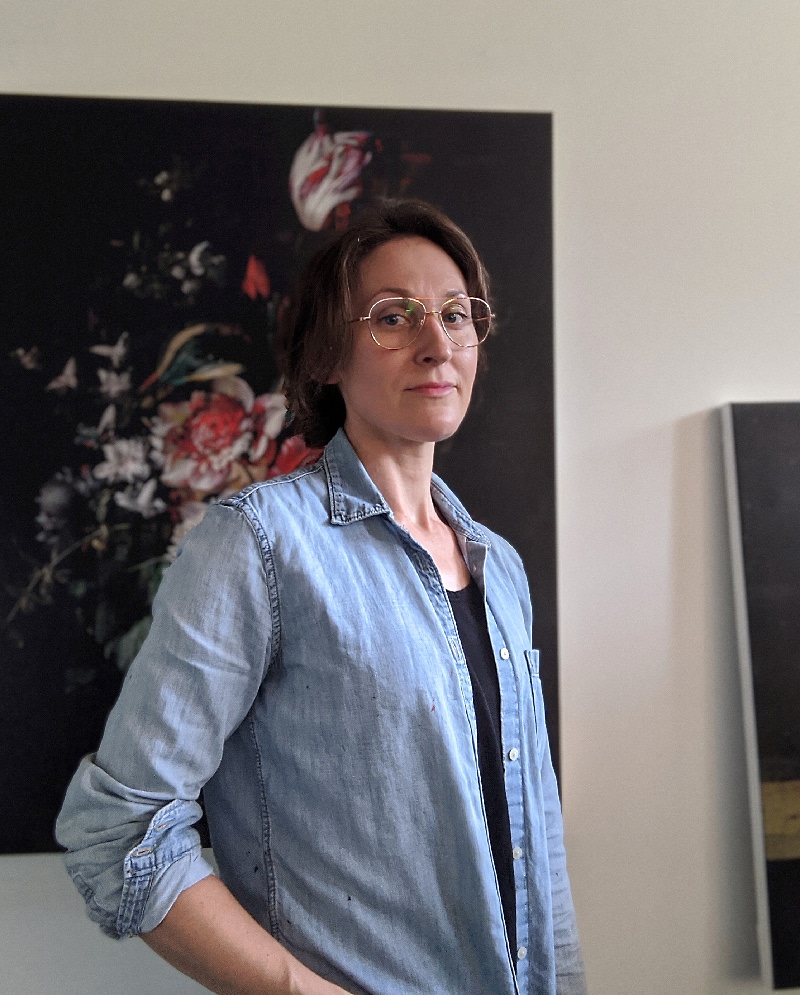Assistant Professor of East Asian Religions Andrew Macomber presented a talk Oct. 23 at the 2024 Zombie Apocalypse Medicine meeting in Eureka Springs, AR. The title of his talk was “A Nascent Zombie Affliction in Medieval Japan: The Buddhist Ritual Response to ‘Corpse-vector Disease,’” which reflected his dissertation research and will culminate in his upcoming book, Cadaverous Post-Mortem Contagion and Ritual Immunity in Medieval Japanese Buddhism.
This interview has been edited for length and clarity.
Can you tell me about the conference you attended?
This was my first time participating in this conference. I’d heard about it through a mailing list that had to do with history, science, technology, and society. From what I understand, it was started by a number of scholars from Arizona State University who mostly work in the sciences. They frame this as a radically interdisciplinary meeting that brings together scholars who are loosely interested in the phenomenon of what they call zombification. Zombification is this idea that some entity, other than the host, can enter into the self and hijack the self’s agency. There are many examples of this in the biological world, but zombification can also apply to ideas, for example, ideas that are infectious — that get in us and then influence our behavior. We are then more likely to transmit them to other people, like a kind of social contagion. There’s many varieties of zombification, and this particular meeting was themed around resilience and cooperation during times of the apocalypse. This is the first time they did it in Eureka Springs, AR, which is a really good place for this conference. It’s in the Ozark Mountains, which is centered around these healing springs that were, what people believe, based on earlier Native American ideas, and had the magical ability to heal certain afflictions. It’s also a very ghostly place.
Can you tell me about your talk?
This talk was based on a couple pieces from my first book that I’m currently doing the revisions for. Because most of the presenters are in the sciences, I wanted to bring more of a cultural and historical approach to this issue of zombification. My talk was about this moment in Japanese history where there emerged, for the first time, a notion of disease that tracks really closely with what we think of as the issue of zombification. This is important in the Japanese context because there tends to be an emphasis on ghosts and immaterial spirits in Japan, for example, in a lot of J-horror films. These films weren’t the first moments when people in Japan were thinking about zombies. Already in the late 12th century, they started to think about this new disease that emerged: corpse-vector disease, which is transmitted by corpses, and is a wasting disorder. In my research, I’m interested in how Buddhist monks engage with this disease. They write up all these ritual texts, and one of the things they do is identify the pathogens of the disease, and they call these pathogens corpse worms. They say that these corpse worms basically get into our bodies and cause us to do bad things, commit vices, become lustful or attached, and this generates bad karma in our bodies, which is more than likely to hasten our death, and then they go on to infect the next victim of the disease.
How do you feel that this talk helped people understand the intersection of Buddhism and the nascent zombie affliction in medieval Japan?
Many of them did not know much about Japanese history in general. The story of this emergence of affliction was probably new for some of them. I hope that, for them, this talk causes them to see what they’re looking at in a new light — that maybe this is all weirder than it seems, and that even pre-modern cultures or religions have also said very interesting things about these phenomena.
How did the artistic element of this meeting inform your talk? What were your expectations, and were they met?
It didn’t change what I talked about very much because what I talk about is already very much cultural history. I thought there was going to be more of that kind of thing at this conference, and there wasn’t. So my talk ended up fulfilling a lot of the cultural elements that I expected going into this conference. I didn’t know what to expect at all. This was the first time I’ve ever been to a conference that was totally outside of my field. I really appreciate having the opportunity to go there, although I was a little bit nervous, but that nervousness disappeared immediately after I gave my talk. I feel like they were so appreciative of having me come in with this very different approach to the topic.
What did you learn and gain from this meeting and how will you incorporate this into your teaching from now on?
One of the things that was useful about this conference is that it forced me to make my research more accessible, driven by a thesis that can nonetheless make sense for people who do vastly different things from what I do. I think that that’s a critical skill that one has to bring to teaching because the research, the scholarship, is often arcane or difficult to understand for students. The ability to repackage that scholarship again in a narrative way with a guiding thesis is key to how I design my lectures.













